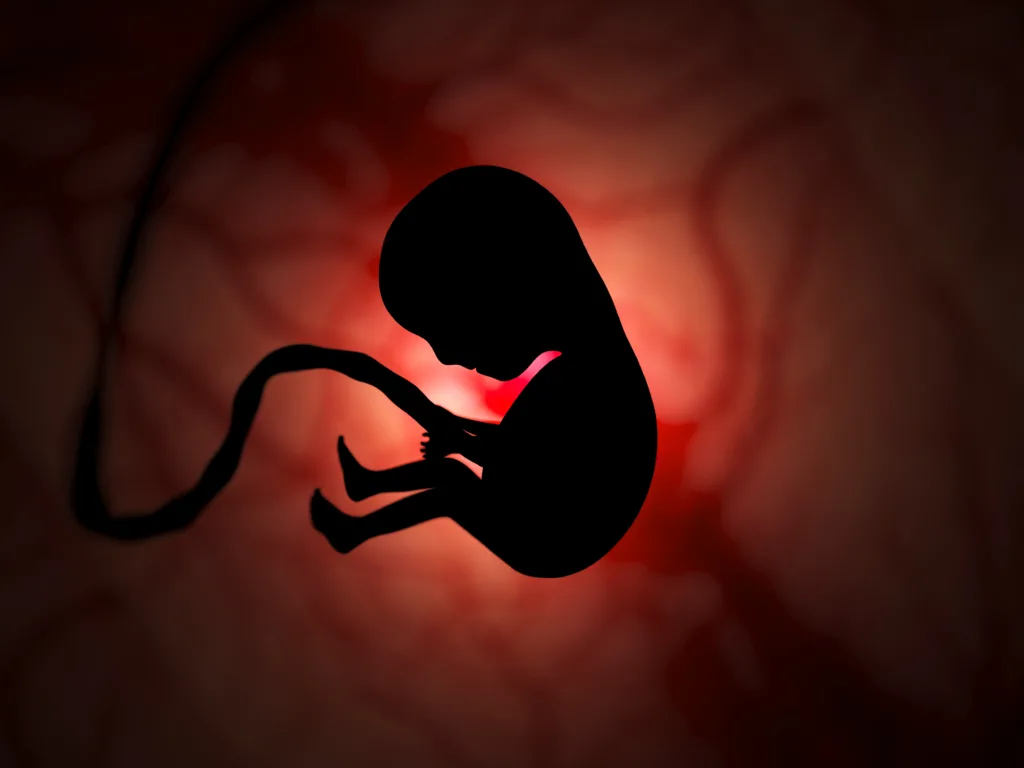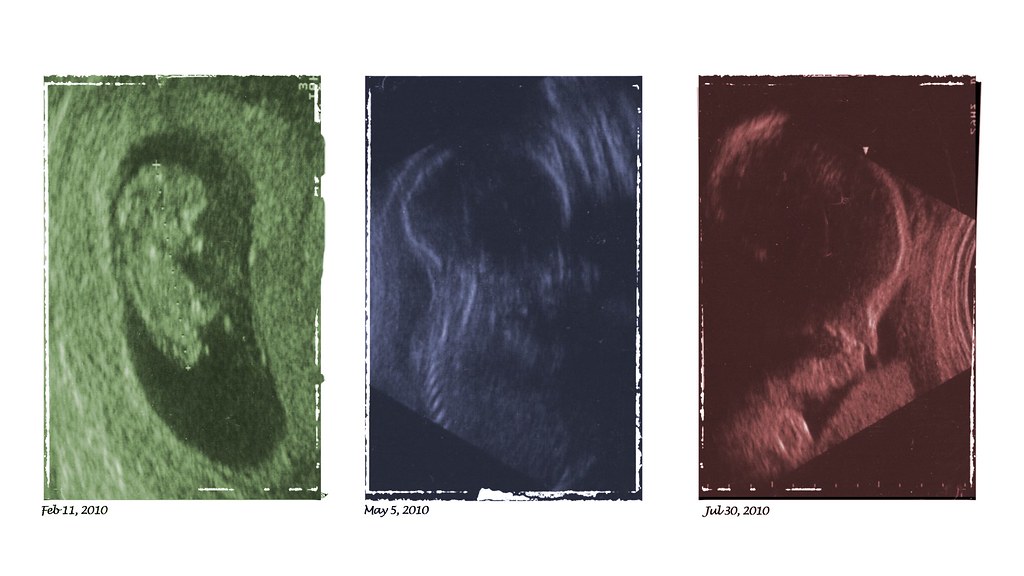Pregnancy Week By Week: Growing A Miracle 101
As a first-time mother, I was overwhelmed with the thought of growing a tiny human inside of me. The idea of pregnancy was both exciting and daunting, and I knew I needed all the help and resources I could get. I wanted to know what was going on with my pregnancy week by week.
That’s when I wrote Pregnancy Week By Week: Growing A Miracle 101, the guide that takes you through the incredible journey of pregnancy, from conception to birth.
Your pregnancy week by week is filled with exciting new developments as your baby grows and develops. From the tiny neural tube evolving into the central nervous system in week five to the fully functioning ears and distinguishable genitals in week 20, this article explores the marvels of the human body and the miracle of life.

With the help of your GP, obstetrician, midwife, maternal and child health nurse, and pregnancy calendar, you will be equipped with the knowledge and resources you need to support you and your growing baby on this incredible journey.
Join me as we dive into the world of pregnancy and discover the wonders of growing a miracle week by week.
Key Takeaways
– Pregnancy is counted as 40 weeks from the first day of the last menstrual period, but the estimated due date is only a guide.
– The third trimester is from 24 to 40 weeks of pregnancy.
– The development of the fetus is a gradual process, with different body organs and systems forming at different weeks.
– Gender and inherited characteristics are determined at the moment of conception, and various healthcare professionals can provide support throughout the pregnancy.
Your Pregnancy Week by Week Timeline
You’ll become familiar with each step of the pregnancy timeline, from the early days of your menstrual cycle to the 40th week of gestation. As each week passes, your growing baby will develop new milestones, and your pregnancy week by week starting from the fertilization of the ovum in week 2 to the formation of vital organs in week 10.

Your baby’s third trimester (week 24-40), is the most crucial time for their growth and development. Keep in mind that the estimated date of birth is just a guide, as your baby will come when they’re ready.
As your pregnancy week by week progresses, you’ll be able to monitor your baby’s growth and development with the help of your healthcare provider. Resources such as a pregnancy calendar, GP, obstetrician, midwife, and maternal and child health nurse are available to provide assistance and support throughout your pregnancy journey.
Fetal Development
The fetal development during the third trimester is crucial for the baby’s growth and preparation for birth. At this stage, the fetus weighs around 2-3 kg and is approximately 45-50 cm long. The lungs are developing rapidly, and the baby begins to practice breathing movements. The brain is also developing quickly, and the baby can recognize familiar voices and sounds. The fetus’s digestive system is also maturing, and it can swallow and digest amniotic fluid.

The following table outlines the key fetal developments during the third trimester:
| Week | Development |
|---|---|
| 24 | Eyelids separate; covered in fine hair and waxy secretion |
| 28 | Baby weighs about 1 kg, movements are strong and coordinated |
| 32 | The baby weighs about 1 kg, movements are strong and coordinated |
| 36 | The baby is around 51 cm, ready to be born, the onset of labor is unknown |
| 40 | The baby is around 51 cm, ready to be born, the onset of labor is unknown |
It’s important to note that every pregnancy week by week is unique, and some babies may develop differently than others. Regular prenatal check-ups with a healthcare provider can help ensure that the baby is developing as expected and identify any potential issues early on. By the end of the third trimester, the baby is ready for birth and will continue to grow and develop outside of the womb.
Resources for Support
Visiting a maternity ward and talking to a midwife has been helpful for me in finding out about resources for support during my pregnancy. They provided me with information about prenatal classes, which I found to be a great way to connect with other expectant mothers and learn more about the physical and emotional changes I might experience during pregnancy.
The classes also allowed me to ask questions and receive guidance from experienced professionals.
In addition to prenatal classes, I’ve found my GP, obstetrician, and maternal and child health nurse to be invaluable resources for support. They’ve been available to answer my questions and provide me with information about everything from nutrition and exercise to managing common pregnancy week-by-week symptoms.

I’ve also found pregnancy week by week calendars and online forums to be helpful resources for connecting with other expectant mothers and accessing a wealth of information about pregnancy and childbirth.
Frequently Asked Questions
What are some common pregnancy week by week complications and how can they be prevented or managed?
As a pregnant woman, common complications may include gestational diabetes, preeclampsia, and preterm labor. These can be prevented or managed through regular prenatal care, healthy lifestyle choices, and medication if necessary.
How can I prepare for labor and delivery, both physically and emotionally?
To prepare for labor and delivery, I can exercise regularly, attend childbirth classes, create a birth plan, discuss pain management options with my healthcare provider, and seek emotional support from my partner or a counselor.
What are some safe exercises and activities I can do during pregnancy?
During your pregnancy week by week, safe exercises and activities include walking, swimming, prenatal yoga, and low-impact aerobics. Consult with a healthcare provider to determine what is best for you and your baby.
How can I manage common pregnancy week by week symptoms such as nausea, fatigue, and back pain?
To manage common pregnancy symptoms like nausea, fatigue, and back pain, I try to eat small, frequent meals, rest when I can, and do gentle exercises like prenatal yoga. I also talk to my healthcare provider for additional support.
What are some tips for maintaining a healthy pregnancy diet and managing weight gain?
To maintain a healthy pregnancy diet and manage weight gain, I focus on nutrient-dense foods like fruits, vegetables, whole grains, and lean proteins. I also limit processed foods and sugary drinks and aim for regular exercise with my healthcare provider’s guidance.







